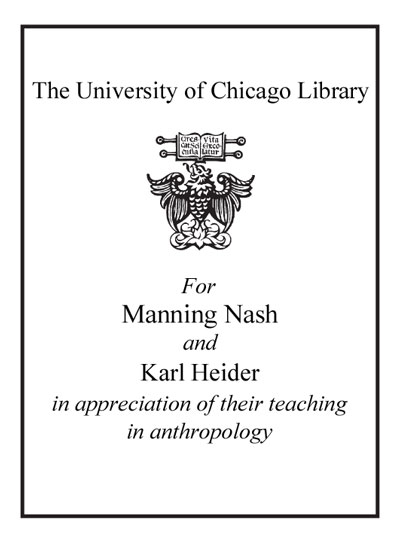| Summary: | According to a common understanding of economics, economists attempt to understand and explain societal reality in the light of individual self-interest. For them, a gift is no exception to this, except for the slight and misleading veil of altruism which covers a purely egoistic motivation. On the other hand, theologians, philosophers and ethicists use a more normative concept of man. Man realises his best potential through deeds of selfless sacrifice that remain unknown to everyone. In reality, however, people are either entirely egoistic nor altruistic. Marcel Mauss' model of the gift is interesting because it seems to escape the classical (or rather, modern) egoism/altruism dichotomy. Gifts are not primarily motivated by the well-being of myself or the other but rather by the desire to bring about or maintain a certain kind of social relation between giver and receiver. Altruistic as well as egoistic motivations are an integral part of that relation. The role of gifts in the constitution of social relations and social cohesion explains why most kinds of gifts are reciprocal and even obligatory. In this book anthropologists, sociologists and economists as well as philosophers focus on the question of the relevance of Mauss' work on the gift for the understanding of actual social phenomena.
|
|---|

